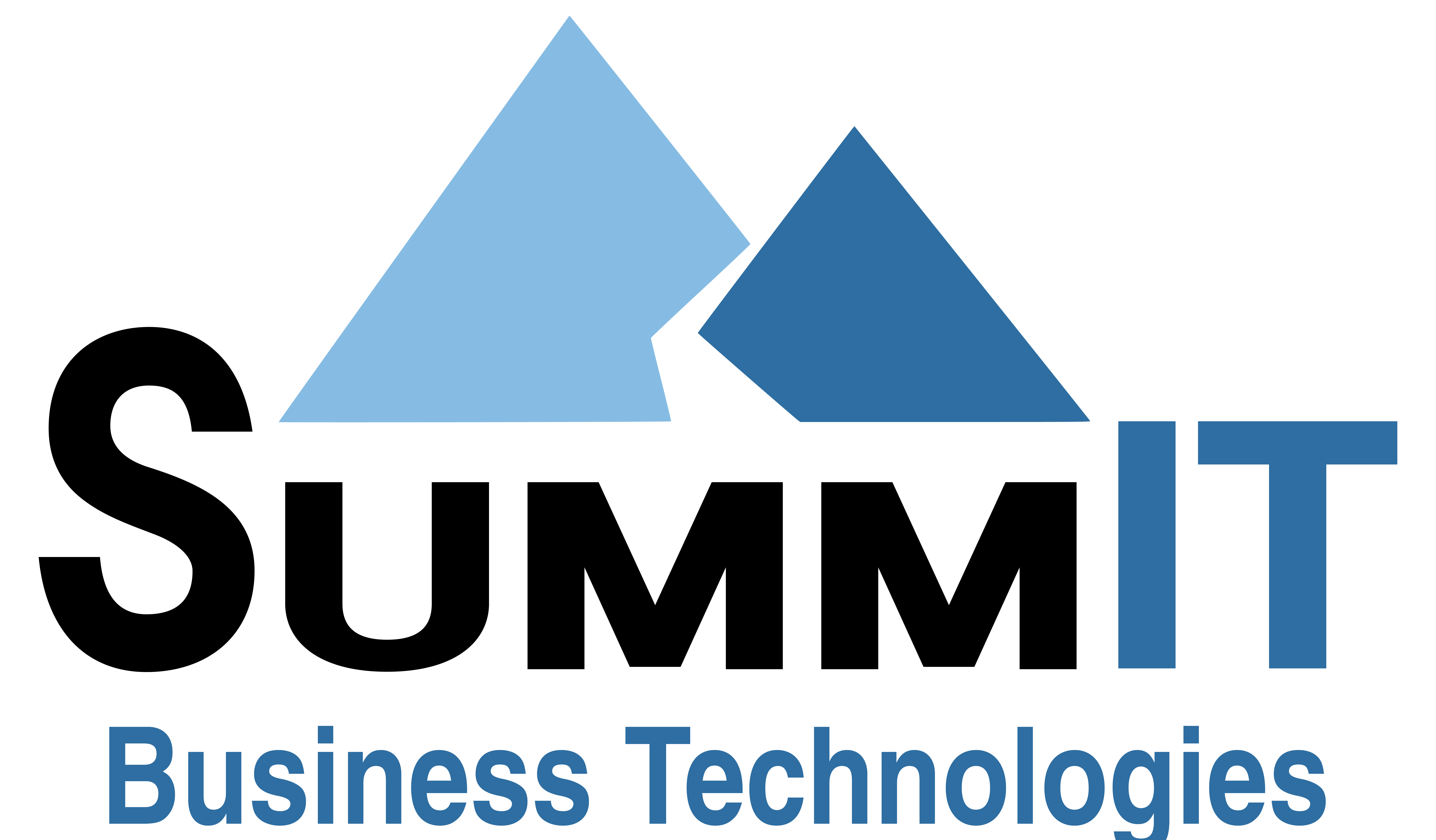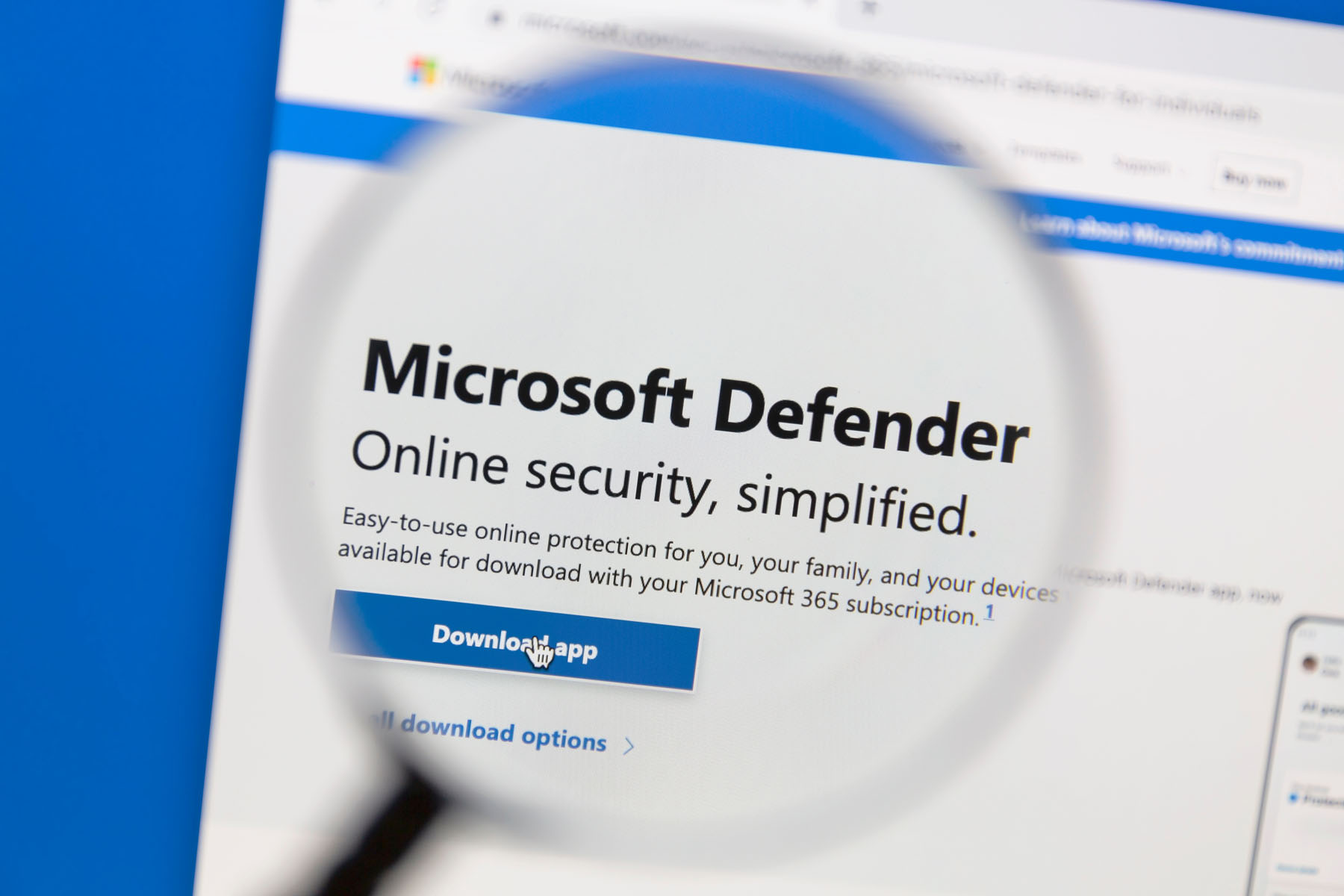What are Security Policies and Why do you Need Them?
One of the most critical services your MSSP (Managed Service and Security Provider) can provide is to identify your greatest risk areas for a security data breach. Typically, your biggest vulnerabilities are not only within your IT environment, but in the processes, policies, and procedures that can leave you open to phishing and social engineering attacks.
Companies need to create IT policies for a variety of needs: disaster recovery, data classification, data privacy, risk assessment, risk management and so on. When written, these documents provide a framework for the company to set values that guide decision-making and responses. When it comes to an information security policy, it provides critical controls and procedures that help ensure how employees work with IT assets appropriately.
What is a security policy, and why is it important?
A security policy is a set of written documents that identifies an organization’s standards and procedures for individuals using IT assets and resources. They cover a range of scenarios from acceptable IT use to data retention, as well as IT maintenance, social media use, onboarding and off boarding employees and just about everything in between. The National Institute of Science and Technology (NIST) defines an information security policy as an “aggregate of directives, regulations, rules, and practices that prescribes how an organization manages, protects, and distributes information.”
A security policy is necessary to address information security threats and put into place strategies/procedures for mitigating IT security risks and helps with regulatory compliance. Having a well-developed security policy is important for an organization to pass compliance audits for security standards and regulations such as HIPAA, CMMC and CCPA. Auditors commonly ask companies to provide documentation of their internal controls, and your information security policy helps you demonstrate that you perform required tasks. Failure to do so can result in a company not qualifying for compliance certifications, which can preclude an organization from receiving contracts. But even if you aren’t subject to compliance, security policies are just a smart thing to have in place!
What are the key components of a good security policy?
The foundation of a strong IT security policy is a clear description of the goals of your organization’s IT security program, including all applicable compliance standards. The policy will also detail the processes and controls the organization will use to professionally manage, protect, and distribute information. Developing an information security policy can be a large undertaking and can get extremely complicated. A professionally written policy will address several sections including but not limited to:
- Purpose:The reason for the policy. Including any compliance regulations or laws that the policy is intended to help the organization comply with.
- Scope:Detail what falls under the policy, such as computers and other IT assets, data repositories, users, systems, and applications.
- Timeline: Specify the effective date of the policy.
- Authority: Identify the person or entity that backs the policy, such as the owner of the company or the board of directors.
What are the most common security policy failures?
The most common point of failure is a lack of user awareness of the content of the policy. Without proper user training and enforcement, even the best security policy creates a false sense of security that leaves critical assets at risk.
Likewise, writing policies and procedures are not simply a one and done task. Regularly revisiting what is in the books ensures they are meeting the requirements of a good security policy and that all aspects of the components are still valid. We recommend reviewing them every year.
How can Summit help?
At Summit our cyber-security team can assist in building out and writing the right policies and procedures for your organization. We review your current policies/procedures against the necessary compliance standards or industry best practices. We make sure they address all the standards and align with how your organization functions day-to-day. We can also assist with regular reviews of your policies and procedures to ensure they are properly maintained and adhering to both the structure of the compliance standard and your organization’s infrastructure. If you would like to learn more about our cyber-security team and our services, contact us today at 443.795.5112. Every organization is different, so these policies are tailored to what your needs are.






